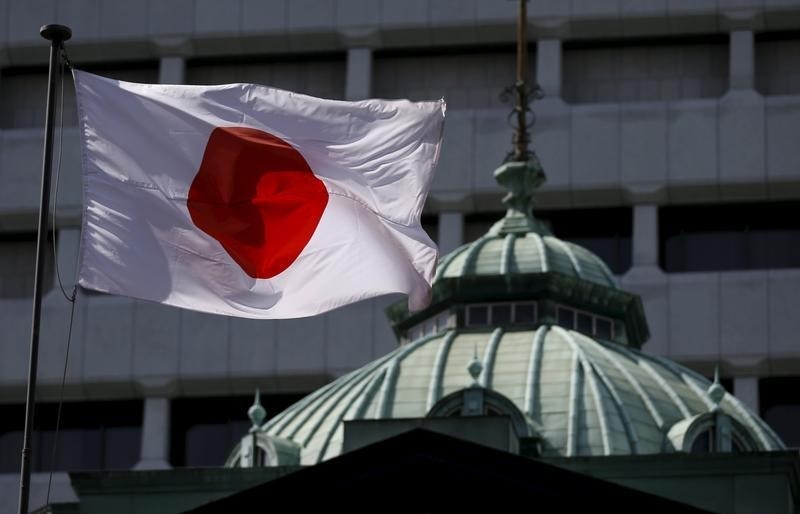By Leika Kihara
TOKYO (Reuters) - Bank of Japan Governor Haruhiko Kuroda voiced confidence on Tuesday that the economy can weather the hit from China's slowdown and weak demand in the rest of Asia, suggesting that he sees no immediate need to expand stimulus further.
But he reiterated the central bank "will not hesitate" to deploy more support if Japan's recovery and the BOJ's 2 percent inflation target are threatened.
"It's true exports and output are being affected by the slowdown in emerging economies. But there's no change to our view that Japan's economy continues to recover moderately," Kuroda told reporters on Tuesday after a policy meeting.
"There's absolutely no change to our view that we won't hesitate to adjust monetary policy if there's a change in the price trend and we think (further action) is needed to swiftly achieve our price target."
Kuroda was also sanguine on the outlook for China, saying that Beijing had the room and resolve to stabilise its slowing economy with monetary and fiscal measures.
As widely expected, the BOJ maintained its pledge to increase base money at an annual pace of 80 trillion yen ($665 billion), preserving its limited policy options in case an expected U.S. rate hike sparks more global volatility.
Fears of a China-led slowdown prompted heavy selling in global markets earlier this month by investors already worried about whether the recovering U.S. economy can withstand an interest rate hike, which could come as early as this week.
CUTS VIEW ON EXPORTS
A run of poor data, including weak exports, feeble wage growth and soft household spending, has ramped up pressure on the BOJ to expand its already massive stimulus programme to reflate the economy, which shrank in the second quarter.
The BOJ cut its assessment on exports and output to say they were "more or less flat." It also offered a bleaker view on overseas economies, warning that emerging markets were slowing.
Kuroda said growth likely will rebound in July-September, though some analysts see a chance of another contraction that would put the country into its second recession in as many years.
Most market players expect the BOJ's next move to be further easing, but are divided on the timing.
Some expect it to stand pat until next year, while others are betting on action at its meeting on Oct. 30 - when the board reviews its long-term economic and price forecasts. A few think the BOJ may aim to surprise markets by acting at the next meeting on Oct. 6-7.
"We're not in a recession, but the economy clearly lacks strength and prices are undershooting the BOJ's price target by a lot," said Hiroshi Miyazaki, senior economist, Mitsubishi UFJ Morgan Stanley (NYSE:MS) Securities.
"The BOJ could ease again in early October, to avoid falling behind the curve," he said.
The BOJ is aiming to accelerate inflation to 2 percent by around next September, hoping that an improving economy will prompt companies to raise wages and prices. But many analysts doubt prices will pick up so quickly, with inflation having ground to a halt due to soft consumption and weaker oil prices.
A shift in the BOJ board's composition means if Kuroda were to pull the trigger, he could count on more votes than last October, when his unexpected proposal to expand stimulus won by a razor-thin margin.
But many BOJ policymakers are wary of acting now, concerned about the risk of diminishing returns if they expand the huge asset buying programme, which is already drying up bond market liquidity.
